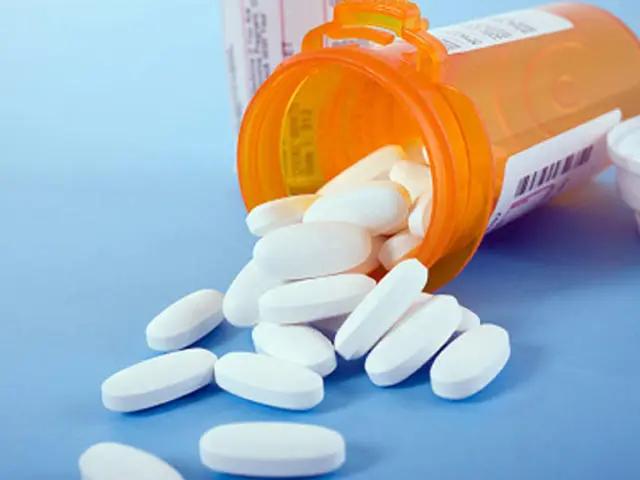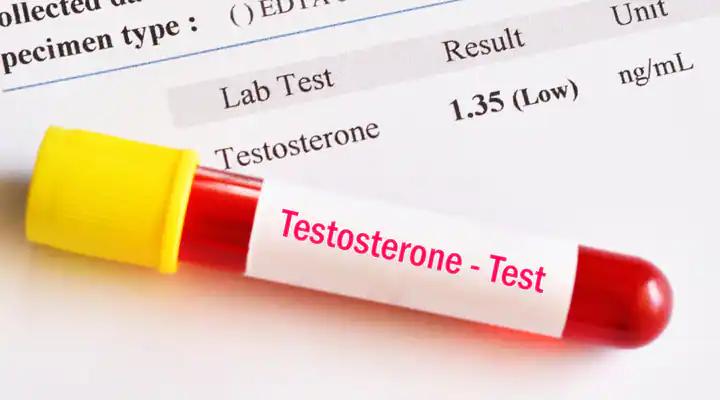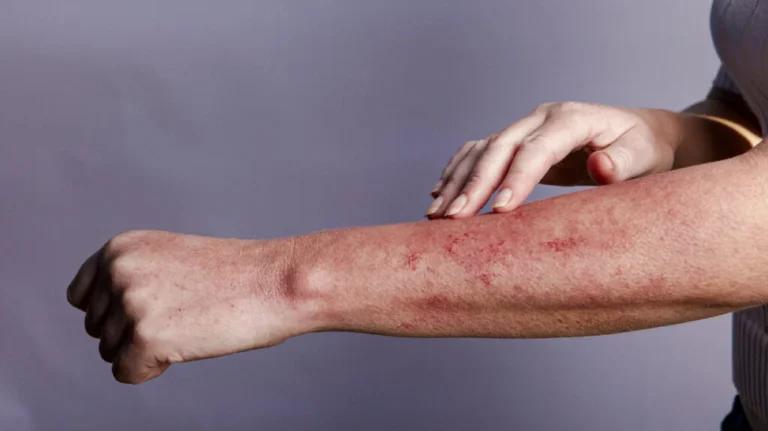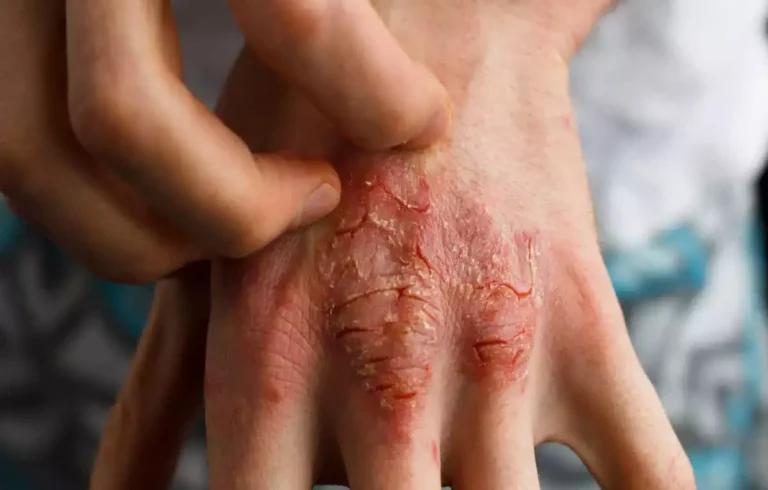HIV
Get valuable insights into HIV, including its causes, symptoms, prevention strategies, and treatment options, while also learning about how you can lower the cost of the medications used to treat HIV.

MEDICAL INFORMATION
HIV Key Facts
Related Medications
In this comprehensive guide, we will delve into the topic of HIV (human immunodeficiency virus) – a virus that affects the immune system and can lead to acquired immunodeficiency syndrome (AIDS). We will explore the causes, symptoms, prevention methods, and available treatments for HIV. It is important to note that this article is for informational purposes only and should not replace professional medical advice. Let’s begin by understanding what HIV is and how it spreads.
What is HIV?
HIV is a sexually transmitted infection (STD) that attacks the body’s immune system, specifically targeting the CD4 cells, which are responsible for fighting infections and diseases. When HIV weakens the immune system, it becomes easier for the body to succumb to various infections and illnesses. HIV is primarily transmitted through certain body fluids, including blood, semen, vaginal fluids, and breast milk. It is important to note that HIV cannot be spread through casual contact such as hugging, shaking hands, or sharing food.
Causes of HIV Transmission
There are several ways in which HIV can be transmitted from person to person:
- Unprotected Sexual Contact: Engaging in unprotected vaginal sex, anal sex, or oral sex with an infected individual can increase the risk of HIV transmission. Using condoms and practicing safe sex can significantly reduce the chances of contracting the virus
- Sharing Needles: Sharing needles, syringes, or other drug injection equipment with an HIV-positive person can lead to the transmission of the virus. It is crucial to avoid sharing needles and to use sterile equipment if you engage in intravenous drug use
- Mother-to-Child Transmission: HIV can be passed from an infected mother to her child during pregnancy, childbirth, or breastfeeding. However, with proper medical care and interventions, the risk of transmission can be significantly reduced
- Blood Transfusions and Contaminated Medical Equipment: In rare cases, HIV can be transmitted through blood transfusions or the use of contaminated medical equipment. However, strict screening processes and safety precautions have greatly reduced the risk of such transmission
It is important to understand that HIV cannot be transmitted through sweat, urine or saliva.
Signs and Symptoms of HIV
The symptoms of HIV can vary depending on the stage of infection. In the early stages, some individuals may experience flu-like symptoms, including fever, headache, sore throat, muscle aches, night sweats and rash. However, it is important to note that these symptoms are not exclusive to HIV and can be indicative of other illnesses as well.
As the infection progresses from Stage 1 over a few weeks or months to Stage 2, individuals may develop more severe symptoms or experience long periods without noticeable symptoms. These can include swollen lymph nodes, weight loss, chronic diarrhea, and persistent fatigue. If not treated, those infected with HIV will most likely develop AIDS (Stage 3). Some people may remain healthy for 10 to 20 years, whereas others may develop AIDS within a few years of infection. People who develop AIDS have a weaker immune system and are at a higher risk of infections that are not common in people with healthy immune systems. These opportunistic infections can affect any part of the body and are caused by bacteria, viruses, fungi, or protozoa. People who have developed AIDS are also at a higher risk for cancers such as lymphomas and skin cancers such as Kaposi sarcoma.
Diagnosing HIV
The only way to definitively determine whether someone has HIV is through testing. There are several testing methods available, including rapid diagnostic tests that provide same-day results. These tests detect the presence of antibodies produced by the immune system in response to HIV. In some cases, confirmatory testing may be necessary to rule out potential errors or false-positive results.
It is recommended to undergo regular HIV testing, especially if you engage in high-risk behaviors or have had potential exposure to the virus. Early detection can significantly improve treatment outcomes and prevent further transmission.
Preventing HIV Transmission
Prevention plays a crucial role in reducing the spread of HIV. Here are some key preventive measures:
- Safe Sexual Practices: Using condoms consistently and correctly during sexual intercourse can greatly reduce the risk of HIV transmission. It is also important to discuss HIV status and sexual health with partners.
- Needle Exchange Programs: If you inject drugs, it is crucial to use sterile needles and syringes to minimize the risk of HIV transmission. Needle exchange programs provide access to clean needles and offer support for individuals struggling with drug use.
- Pre-Exposure Prophylaxis (PrEP): PrEP is a preventive medication taken by individuals at high risk of contracting HIV. It involves taking antiretroviral drugs regularly to reduce the chances of HIV infection. PrEP should be used in conjunction with safe sexual practices.
- Treatment as Prevention: People living with HIV who are on effective antiretroviral therapy (ART) and have an undetectable viral load cannot transmit HIV to their sexual partners. This concept is known as “Undetectable = Untransmittable” (U=U).
- Early Diagnosis and Treatment: Prompt diagnosis and initiation of ART can significantly improve health outcomes for individuals with HIV. It also reduces the risk of transmission to others.
Treatment and Management of HIV
HIV medication can help those with HIV stay healthy and lead normal lives and can also stop the progression of HIV to AIDS. You may be prescribed a combination of medicines for the treatment of HIV and AIDS. To be effective, these treatments should be taken exactly as prescribed. These medicines help to maintain high levels of CD4 cells and reduce how much HIV is in the body (the viral load). You will need regular blood tests to check your CD4 cell count and the viral load. If you are HIV-positive and have a low CD4 count, your doctor will prescribe antibiotics for daily use, to prevent pneumocystis pneumonia, which may occur if you have a weakened immune system.
While there is currently no cure for HIV, significant advancements have been made in its treatment and management. Antiretroviral therapy is the standard treatment for HIV, involving the use of a combination of medications to suppress the virus and restore immune function. Antiretroviral treatment stops the virus from replicating in the body, allowing the immune system to repair itself and stop further damage. Antiretroviral therapy can help individuals with HIV live long and healthy lives, preventing the progression to AIDS and reducing the risk of transmission.
Post-exposure prophylaxis (PEP) medicines may prevent you from becoming infected if you think you may have been exposed to the HIV virus. For PEP to be effective you must start taking it within 72 hours of coming into contact with the HIV virus. PEP is recommended only after higher-risk exposure, especially when the sexual partner is known to be HIV positive. PEP treatment should be taken every day for 1 month. PEP is available from sexual health clinics or genitourinary clinics, or the accident and emergency (A&E) department at hospitals.
A combination of HIV medicines is used because HIV adapts quickly and can become resistant, and different combinations of HIV medicines work for different people. The treatment you take will be specifically for you and those taking effective treatment will reach an undetectable viral load within 6 months of starting treatment. Medication taken to treat HIV may interact with other drugs prescribed by your doctor or bought over the counter. These include inhalers and nasal sprays, herbal treatments such as St John’s wort, and some recreational drugs. Check with a healthcare professional before starting any new medicines.
It is crucial for individuals with HIV to adhere to their prescribed antiretroviral treatment and maintain regular follow-up appointments with healthcare providers. This ensures optimal treatment outcomes and effective management of the virus.
Living with HIV
Receiving an HIV diagnosis can be overwhelming, but with proper medical care and support, individuals with HIV can lead fulfilling lives. It is essential to prioritize self-care, maintain a healthy lifestyle, and seek emotional support from loved ones and support groups. Additionally, education and awareness about HIV can help combat the stigma and discrimination associated with the virus.
The Global Impact of HIV
HIV remains a significant global health concern, with millions of people affected worldwide. It is estimated that approximately 39 million people were living with HIV in 2022. While access to antiretroviral therapy has improved, there is still a significant number of people unaware of their HIV status. Increased testing, education, and access to prevention and treatment services are essential in combating the spread of HIV and reducing its impact.
Frequently asked questions
How do I know if I have HIV?
A blood test will tell you if you have a HIV infection. Your healthcare provider can do the test, or you may use a home self-testing kit. You may use the CDC Testing Locator to find free testing sites in your location.
Can you prevent HIV?
There is no cure for HIV/AIDS, and no vaccine to prevent HIV infection, but you can protect yourself and others from HIV infection. Preexposure prophylaxis (PrEP) reduces your risk of HIV from sex by 99% and from injected drug use by around 74%, according to the CDC (Centers for Disease Control and Prevention). The combination of emtricitabine with tenofovir disoproxil fumarate and emtricitabine with tenofovir alafenamide fumarate can reduce the risk of sexually transmitted infection in those at very high risk.
Cabotegravir has been recently approved by the FDA as the first injectable PrEP to help reduce the risk of sexually transmitted infection in those at very high risk. The injection is administered by a healthcare provider. Cabotegravir is initially given as a monthly injection for the first two months. After this, it is given every two months. The injection is an alternative to taking an oral daily PrEP pill.
These drugs will only be prescribed for HIV prevention if you don’t already have HIV infection. You will have the HIV test before starting any PrEP and then the test will be repeated every three months if you are taking the oral pills or before each injection, for as long as you are being treated with PrEP. Your kidney function will also be tested by your healthcare provider before being prescribed Truvada and continued to be tested every 6 to 12 months. You will need to take the oral pill form daily or follow the injection schedule closely for cabotegravir. These treatments do not prevent other STIs, so you will need to continue to practice safe sex. You will also need to be evaluated by an infectious disease specialist before starting treatment if you have hepatitis B.
Can a person with HIV live a normal life?
If you take your medication correctly, avoid any illnesses, and manage your condition properly, you can live a near-normal life. To improve your health and reduce the risk of you becoming ill you should also exercise regularly, eat a healthy, balanced diet, and stop smoking when using HIV treatment.
What can people with HIV do to prevent foodborne illnesses?
To reduce the risk of foodborne illnesses when you have HIV, do not eat or drink certain foods:
- Raw eggs or foods containing raw eggs, such as homemade cookie dough
- Undercooked or raw meat, poultry, or seafood
- Dairy products, unpasteurized milk or fruit juices
Conclusion
Understanding HIV, its causes, symptoms, and prevention methods is crucial in addressing the global HIV epidemic. Through education, testing, prevention measures, and access to treatment, we can work towards reducing new infections and improving the quality of life for individuals living with HIV. Remember, knowledge is power, and together, we can make a difference in the fight against HIV/AIDS.
Additional Information: It is important to note that the information provided in this article is not exhaustive, and individuals are encouraged to consult healthcare professionals for personalized advice and guidance.
Sources
- CDC HIV Basics
- Medical News Today – Living with HIV
- MayoClinic – HIV symptoms and causes
- MedlinePlus HIV Guide
- WHO – HIV Guide
Medical Disclaimer
NowPatient has taken all reasonable steps to ensure that all material is factually accurate, complete, and current. However, the knowledge and experience of a qualified healthcare professional should always be sought after instead of using the information on this page. Before taking any drug, you should always speak to your doctor or another qualified healthcare provider.
The information provided here about medications is subject to change and is not meant to include all uses, precautions, warnings, directions, drug interactions, allergic reactions, or negative effects. The absence of warnings or other information for a particular medication does not imply that the medication or medication combination is appropriate for all patients or for all possible purposes.













